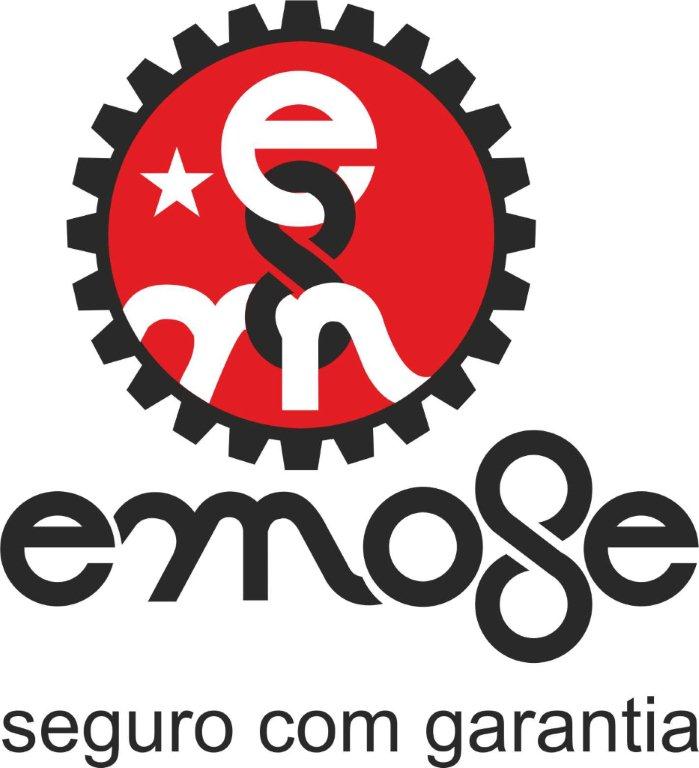Find Water and Sanitation expertise in Mozambique
The Ministry of Public Works and Housing is in charge of policy setting and regulation of private contracts for service provision. Aguas de Portugal is one of the primary companies that hold a contract. Water provision remains a primary concern for the government, and the National Water Directorate (DNA) and its partners kicked off the development of a National Information System for Water and Sanitation (SINAS) in 2007. UNICEF works in close collaboration with the World Health Organization (WHO) and the UN Human Settlements Programme on the water, sanitation and hygiene programme. The main implementing partners are government counterparts at national, provincial and district levels, such as the Ministry of Public Works and Housing, the Ministry of Health and various other government departments that work closely with international NGOs to alleviate the essential need for clean water. The Water for Schools campaign, supported by the World Conservation Union (IUCN), is also actively involved. 90% of rural inhabitants with access receive that from a hand pump which often created issues as certain hand pumps becoming inaccessible as they are often broken. On the other hand, in urban areas 44% of the urban population have encountered improved access.
Since 1995 the government has encourages private participation in the water supply industry through its National Water Policy. The government tendered a hybrid lease/management contract to the international consortium Aguas de Moçambique (AdeM) in 1999 to supply seven cities variously for between 5 and 15 years. However, issues arose regarding the arrangement, which were subsequently exacerbated by the draught. In 2010, the government bought 73% shares in AdeM, bringing water supply back under state control. Presently two public companies own water and sewerage assets in the country: Fundo de Investimewnto e Património de Abastecimento de Água (FIPAG) in urban cities and Administração de Infra-estruturas de Abastecimento de Água e Saneamento (AIAS) in smaller towns, with only smaller scale independents operating outside of this. The World Bank had stated FIPAG is now ‘achieveing full cost recovery and can graduate from government subsidies’. Yet external donors still finance approximately 85% of public investments in the water sector. An estimated 51% of the population have access to an improved water source (2011) with community-based donor organisations remaining in control of rural water infrastructure.
| Water and Sanitation organisations in Mozambique | |
|---|---|
| Aguas de Moçambique, SARL |
|
| Aquatec Ltd |
|
| National Directorate for Water |
|





